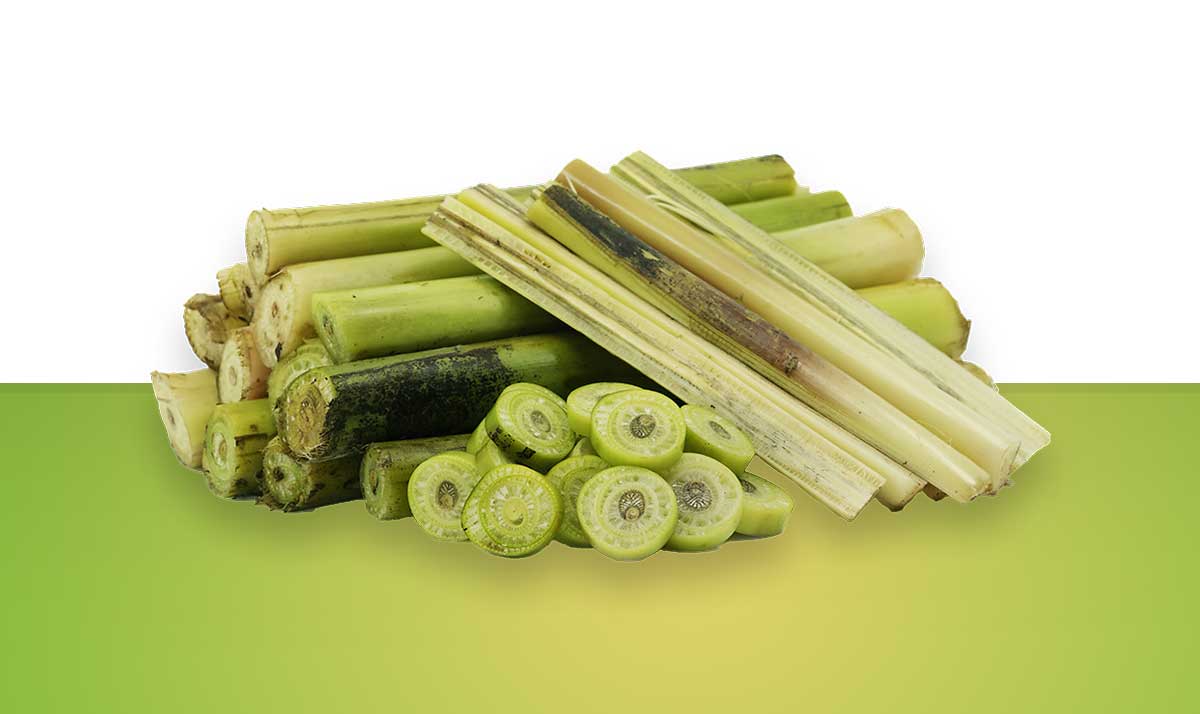
LOCAL bananas stems are to be used to make sanitary products.
Minister for Agriculture Alfred Prospere said the initiative has been proposed by an entrepreneur.
“As we speak, we have an investor who has occupied space in my constituency … and what she’s going to do is to use the banana stem to create sanitary napkins,” Prospere said recently at a pre-cabinet press briefing.
He said the products can also be exported “and that is going to be an addition in terms of revenue or income for our farmers.”
Last year, Forbes reported that a team of entrepreneurs in Ghana were turning discarded banana and plantain stems into a more sustainable sanitary pad to fight period poverty.
“Our initial plan was to make paper from it and we discovered that the banana and plantain fibers have a very high absorption ability, which pushed us into doing this business,” Umar Farouk Mubaraka, Chief Finance Officer and Co-founder of Kodu Technology said.
EcoBana (a social enterprise and youth led company in Kenya) also noted its benefits.
“Recognising the potential to repurpose agricultural waste from banana farming, we began researching how banana fibres could be used to create sustainable sanitary pads,” Chief Executive Officer of EcoBana Lennox Omondi said in an interview in November last year.
Agriculture Minister Alfred Prospere, for his part, is hoping more young people will take on initiatives like this.
“I really wish we could do a lot more with the banana stem… these are initiatives [young people] can undertake and the Youth Economy is available to provide… the financial support,” he said.
But often, the minister stated, “We don’t see that kind of interest coming from our young people but I really would like to see… [us] do a lot more not just with the banana stem, but the plantain stem, macabu stem,
He also discussed the importance of Agro-processing (a broad concept that refers to the establishment of linkages between enterprises and supply chains for developing, transforming and distributing specific inputs and products in the agricultural sector as noted by the Food and Agriculture Organization—FAO).
“Agro-processing is very critical and in order for us to grow the agricultural sector and reduce our food import bill and export more of what we produce these are the initiatives I would like to see young people… take on and make things happen in Saint Lucia,” the minister said.
Some of the most important benefits of banana fiber pads were recorded by ‘Greenie’ (a purpose driven manufacturing company in the UK) on ifundwomen.com.
“Banana fiber pads are biodegradable and compostable, which means they break down over time into natural substances that are harmless to the environment. This makes them a more sustainable option than traditional plastic-based pads, which can take hundreds of years to decompose in a landfill,” ‘Greenie’ noted.
Futhermore, the company added, they’re soft and comfortable to wear, “making them a more appealing option for women who are looking for an alternative to plastic-based pads. They are also free from harmful chemicals, which can cause skin irritation and other health problems.”
Additionally, the company pointed out, these pads are often made “using traditional hand-weaving techniques, which can help to support local communities in developing countries. By purchasing banana fiber pads, consumers can help to create sustainable livelihoods for women in these communities and support the growth of eco-friendly industries.”









![MSS takes on VPSS in an action thriller [Photo credit: MYDS]](https://thevoiceslu.com/wp-content/uploads/2026/02/MSS-takes-on-VPSS-in-an-action-thriller-feat-380x250.jpg)



